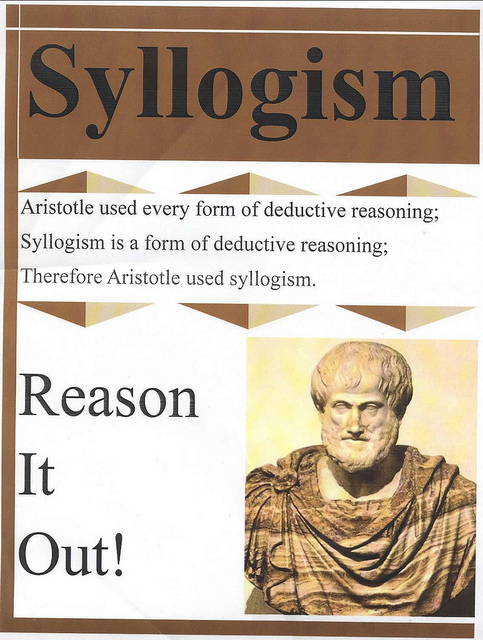In the field of philosophy and logic, an argument is a series of statements that usually help to persuade someone of something or to present reasons for accepting a fact. Premises and conclusions are the main building blocks of a conclusion. A premise is a statement that provides evidence or reasons to form a conclusion; an argument can have more than one premise. A conclusion in an argument is the main point the arguer is trying to prove. Thus, an argument has only one conclusion and one or more premises.
What is Truth?
Truth is a property of premises and conclusions. A premise in an argument can be either true or false. The conclusion derived from these premises also becomes true or false accordingly. Moreover, it is possible to determine the truth of an argument by several factors. Common sense, personal experience, investigation, and experiment are some of these factors.
What is Validity?
Validity is a property of arguments. An argument is considered valid when its conclusion follows logically from the premises. In other words, it is impossible for the premises of an argument to be true while the conclusion is false. The conclusion is always a logical consequence of its premises.
Key Takeaways
- Truth is a property of premises and conclusions, while validity is a property of arguments.
- True premises and a true conclusion do not necessarily make a valid argument; false premises and a false conclusion can also result in a valid argument.
- An argument is valid when the conclusion follows logically from the premises.
